Russia
First in the World
Russia has registered the world’s first COVID-19 vaccine claiming that it has been proven to offer lasting immunity from the coronavirus for up to two years.
Russia registered the first COVID-19 vaccine on Tuesday and is now the first nation in the world to lay claim to such a feat which brings it closer to asserting its image as a global power. Many have praised the accomplishment in the media without failing to mention the prestige that comes with being the first - before all other nations, such as the U.S., Britain and Canada who accused Russia of using hackers to steal vaccine research from Western labs, interestingly enough.
Putin's Daughter Took the Vaccine
Russian President Vladimir Putin, during a government meeting that same day, stated that the vaccine is safe, has undergone proper testing and has proven efficient in offering lasting immunity from the coronavirus. “I know it has proven efficient and forms a stable immunity, and I would like to repeat that it has passed all the necessary tests. We must be grateful to those who made that first step very important for our country and the entire world,” he proclaimed.
Putin also added that one of his two adult daughters received two shots of the experiment during the trials. He explained that his daughter had a temperature of 38 degrees Celsius on the day of the first vaccine injection which then dropped to just over 37 degrees on the following day. Only for her temperature to slightly increase again after the second shot was administered and then go back to normal afterwards. “She's feeling well and has a high number of antibodies,'' the president assured.
2-Year Immunity
According to the Health Ministry, the vaccine is expected to provide immunity from the virus for up to two years. Putin emphasized that vaccination will be voluntary. Russian authorities have said that medical workers, teachers and other risk groups will be the first to be inoculated. Deputy Prime Minister Tatyana Golikova shared that the vaccination of doctors could start as early as this month. Professor Alexander Gintsburg, head of the Gamaleya Institute that developed the vaccine, said that vaccination will start while the Phase 3 trials continue. He explained that initially there will be only enough doses to conduct vaccination in 10-15 of Russia's 85 regions, as sourced by the Interfax news agency). Russian officials have said that large-scale production of the vaccine will start in September, and mass vaccination may begin as early as October.
Many are Doubtful
Many scientists in the country and abroad have been sceptical, however, questioning the decision to register the vaccine before Phase 3 trials that normally last for months and involve thousands of people. Human studies started June 17 among 76 volunteers. Half were injected with a vaccine in liquid form and the other half with a vaccine that came as soluble powder. Some in the first half were recruited from the military, which raised concerns that servicemen may have been pressured to participate. As the trials were declared completed, questions arose about the vaccine's safety and effectiveness. Some experts scoffed at Russian authorities' assurances that the vaccine produced the desired immune response and caused no significant side effects, pointing out that such claims need to be backed by published scientific data.
The World Health Organisation has stated that all vaccine candidates should go through full stages of testing before being rolled out. Experts have warned that vaccines that are not properly tested can cause harm in many ways - from a negative impact on health to creating a false sense of security or undermining trust in vaccinations.
During this time of the COVID-19 pandemic, Russia has registered 897,599 coronavirus cases, including 15,131 deaths.




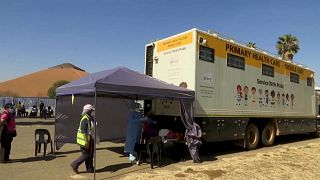
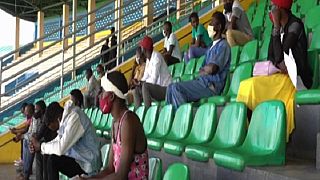
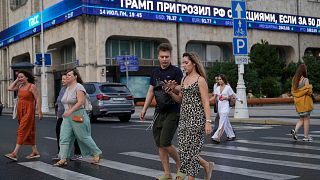
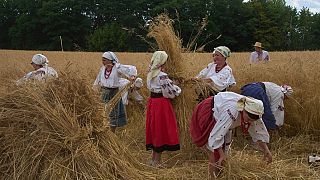
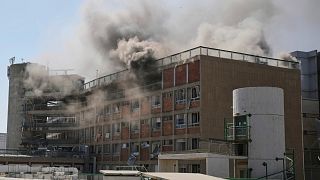


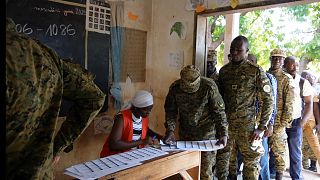
Go to video
What to know about the COVID variant that may cause 'razor blade' sore throats
Go to video
WHO approves landmark pandemic agreement to improve response in event of future pandemic
Go to video
Nigeria completes $3.4 Billion IMF COVID-19 loan repayment, faces ongoing annual charges
01:02
WHO member countries draft landmark preparedness treaty for next pandemic
Go to video
Mauritius: Ex-finance minister released on bail after corruption charges
01:20
A look back on five years of Covid-19